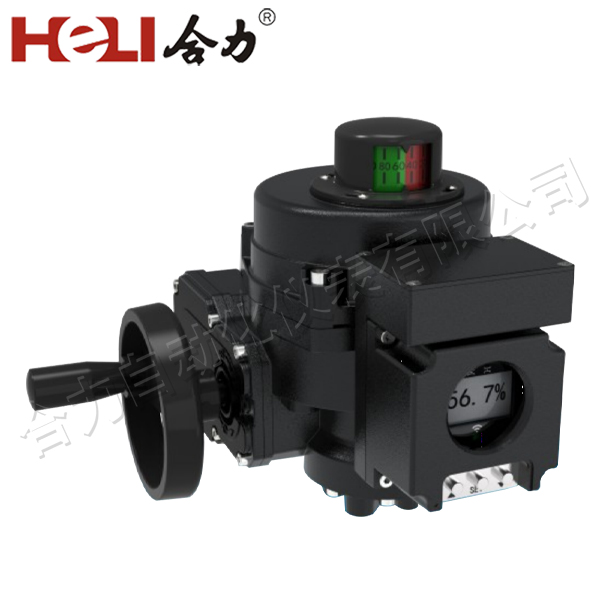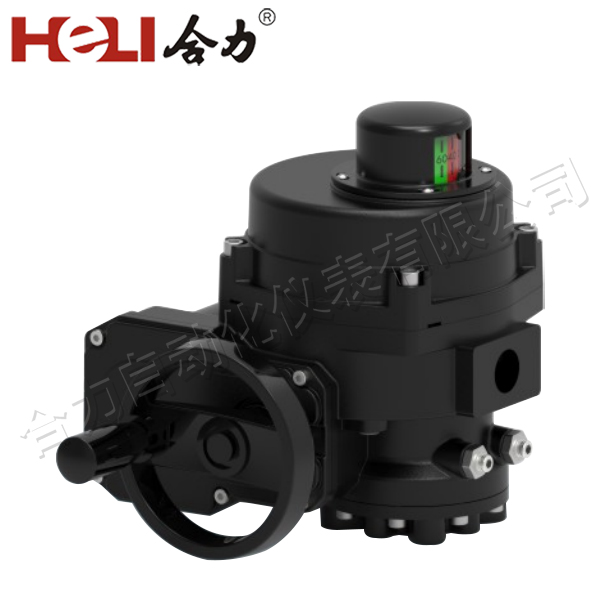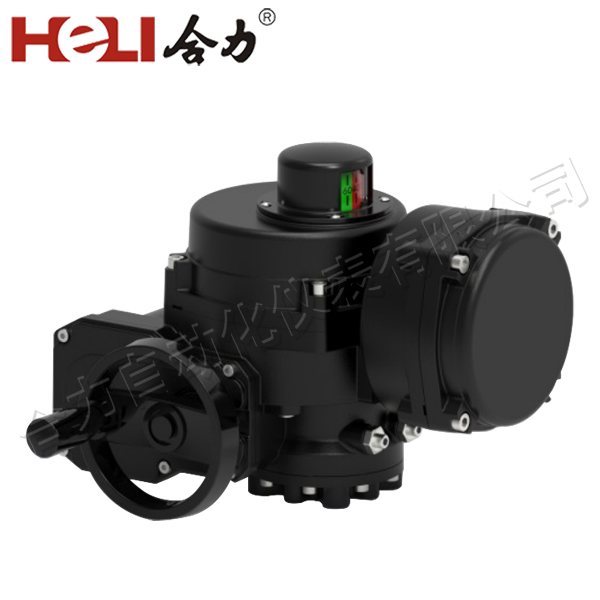lithium battery electrical installation: a comprehensive guide
Release time:2025-01-20 22:32:52
Lithium batteries have become a popular choice for various applications due to their high energy density, longer lifespan, and lighter weight compared to traditional lead-acid batteries. Proper electrical installation is crucial to ensure their performance, safety, and longevity. This guide delves into the essential aspects of lithium battery electrical installation, covering key considerations and best practices.

Understanding Lithium Batteries

Lithium batteries differ significantly from other types in terms of chemistry and performance characteristics. They offer a higher energy density, meaning they can store more energy per unit volume or weight. This makes them ideal for applications ranging from portable electronics to renewable energy storage systems. However, their installation requires careful attention to detail to avoid potential issues.
Planning the Installation




